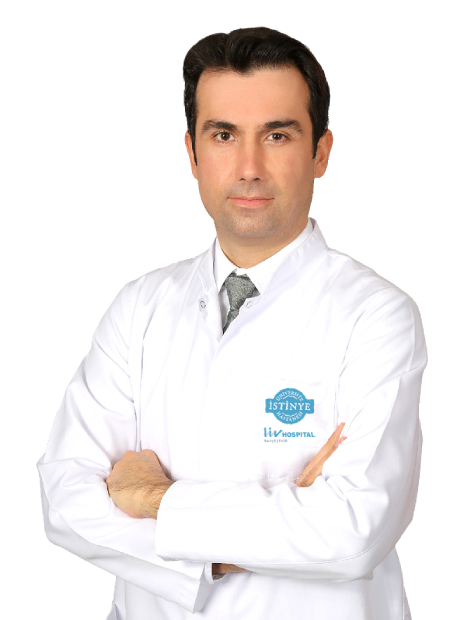Perinatology
banner.webp)
Last Update Date: 6/7/2024 11:15:36 AM
Perinatology is a medical specialty focusing on the care of mothers and their unborn babies throughout pregnancy, delivery, and the early days after birth.
What is Perinatology
Perinatology is a branch of medicine that studies and treats problems related to the health of expectant mothers and the fetus. This field deals with medical conditions that may occur before pregnancy, during the pregnancy process and during the perinatal period after childbirth. Perinatologists are medical doctors who usually specialize in managing high-risk pregnancies and fetal anomalies.
Which Diseases Does Perinatology Treat
Some of the diseases and conditions that perinatology treats are as follows:
- Gestational Hypertension and Preeclampsia: Conditions such as high blood pressure and eclampsia can occur during pregnancy.
- Diabetes and Pregnancy: Perinatologists pay special attention in cases of diabetes or gestational diabetes in expectant mothers.
- Multiple Pregnancies: Pregnancies carrying twins, triplets or more babies require special attention.
- The Risk of Premature Birth: In pregnancies at risk of premature birth, measures are taken to support the lung development of the fetus and prolong the gestational period.
- Fetal Anomalies: Fetal structural or genetic abnormalities detected by ultrasonography and genetic tests.
- Rh Incompatibility: In case of Rh incompatibility between mother and baby, perinatologists take the necessary measures for the baby.
- Infections During Pregnancy: Taking precautions against infections that may occur during pregnancy and their treatment.
- Fetal Growth Restriction: The condition of the baby being smaller than normal.
- The Risk of Premature Birth: In pregnant women who are at risk of premature birth, perinatologists evaluate measures to reduce this risk.
Liv Hospital Perinatology
Risky pregnancy is a condition that puts the mother or baby, or both, at risk in terms of complications during pregnancy, during childbirth, or after childbirth. Successful treatment and deliveries are performed in expert hands with new methods and developing technology at Liv Hospital Perinatology Clinic.
Services Provided in Liv Hospital Risky Pregnancy Follow-Up
- Follow-up of risky pregnancies (heart, glucose, hypertension, thyroid, hematological, rheumatic, liver, kidney diseases, etc.)
- Chorionic villus biopsy (sampling from the placenta between 11-14 weeks due to chromosome analysis and research of other genetic diseases)
- Amniocentesis (due to chromosome analysis and research of other genetic diseases)
- Fetal neurosonography (targeted brain and central nervous system examination)
- Fetal cardiac advanced level examination, fetal echocardiography
- 4D dimensional ultrasonographic evaluation
- Fetal blood sampling (drawing blood from the cord)
- Evaluation of patients at risk of premature birth within the framework of a special preterm birth screening, prediction and prevention program
- Inspection of recurrent miscarriages and fetal death and investigation of placental pathologies in partnership with the department of perinatal pathology
- Inspection of thrombophilia / blood clotting disorders and genetic mutations


.webp)


